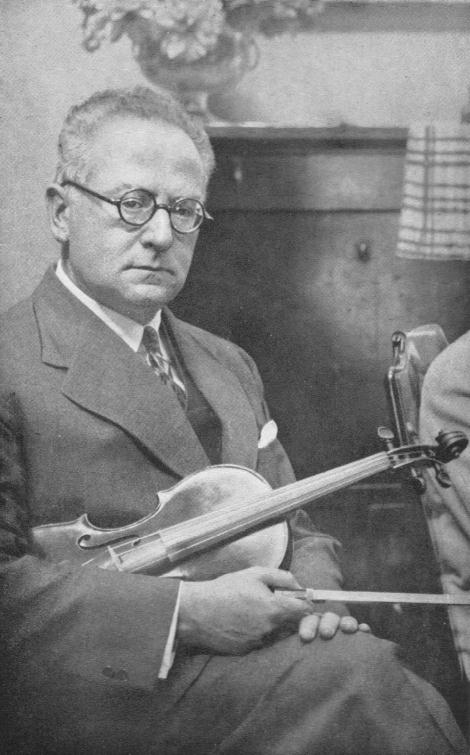
Practicing is one of the two most important activities involved in the study of a musical instrument. It determines your overall progress, skill development, musical understanding, ease and comfort with your instrument, and ultimately, your enjoyment of playing music. Practicing is a skill or, if you will, an art form in and of itself. It is, then, something which we can become better at as we gain experience. Thus, as we practice practicing, we become better practicers!
In order to get excellent results from your practice, you must do excellent practice. Remember that we learn most easily that which we have done the most times. If we have practiced a passage with a wrong fingering or a wrong note more times than we have practiced it correctly, then we have learned very thoroughly how to play it wrong. This is why careful practice is important. More time is wasted learning, unlearning and relearning than you can possibly imagine. This wasted time slows progress and often creates feelings of frustration. Here are some important points to remember on the subject of achieving excellence in practicing:
Practicing is a goal‐related and goal‐driven activity.
Everything you do in practice should have a goal so that you can see your successes.
*Note: sometimes the goal can be just enjoying how easily and freely you can play the piece; but beware if this seems true of too many of your pieces too much of the time. If you ask yourself, “Why am I playing this piece?” and you don’t have an answer, it’s time to talk to your teacher and find out. Either he/she hasn’t made it clear, or it has gotten lost in the shuffle. Asking your child what the goal is for a given section or piece helps to prepare him/her for independent practice later on.
Take small bites and chew thoroughly.
This is especially true when learning new pieces and when putting hands together on a piece. I like to use the formula: 3x in a row correctly, then you can move on to start a new section. We all get anxious to hear the finished product, but don’t get so focused on the end result that you fail to celebrate each and every success along the way. Once again, you don’t want to fall into the habit of learning, unlearning and relearning.
One thing at a time.
This is especially applicable when adding a new skill to an old, comfortable review piece. Focus only on the new skill and praise its success. Usually, when we try something new, something else gets less attention and sometimes gets shaky. Don’t find yourself saying, “But now what happened to X?” Rather, praise the success and give it time. It may be a challenge to do two things at once for a while, but it will come, given time.
Repair the part; then re‐install it.
Too often we work diligently on thoroughly polishing a practice spot and immediately expect it to work in the piece when we start from the beginning. Remember that there is another step, which must not be skipped…re‐ attaching the repaired component. Develop the habit of going back one measure, then one phrase, then two phrases, etc. before trying to get it right from the beginning.
Consult your notebook daily.
If you do this only on the first day of the practice week, you run the risk of forgetting details. OR, perhaps the first practice day went a bit slowly and you didn’t get to everything.
Work the practice spots daily, not just the first couple of days.
Most assignments are designed to be covered in a whole week – sometimes longer. Attending to something for only a short time sets up a weak foundation. It will crumble with time.
If it ain’t broke, don’t fix it.
Know what you are doing well so that you keep doing it.
LISTEN!
This actually refers to two different things: your tape, and yourself. Students who try to learn pieces without listening to their tapes are working under a handicap. Listening to yourself while playing is one of the most important skills you can learn as a musician. Taping yourself can be an extremely valuable aid in learning this skill.
Learn from your successes.
A good way to evaluate your practice habits is to videotape
or audiotape several sessions. Note what works well and what doesn’t. Don’t be afraid
to try new things. Remember that practicing is a skill!

LEAVE A REPLY